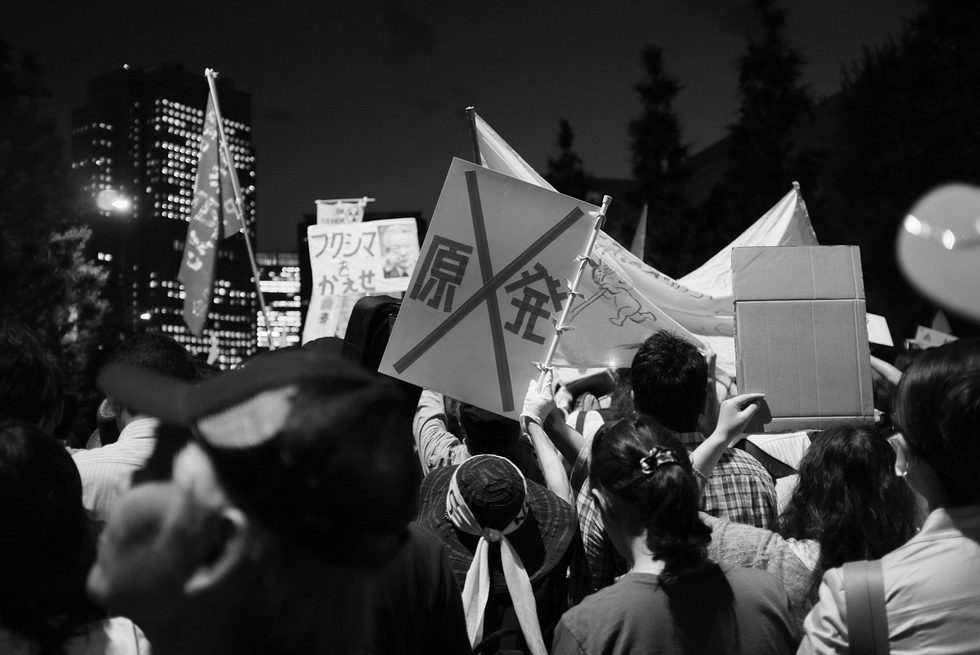Empire of Bones
From the Series: 3.11 Politics in Disaster Japan: Ten Years Later
From the Series: 3.11 Politics in Disaster Japan: Ten Years Later

I stayed up late one night a couple months ago, in March 2021, watching the live broadcasts commemorating the tenth anniversary of the catastrophe in Tohoku. When the videos began to repeat, I closed my laptop. Thinking about those who died and those whose lives were destroyed, I reached for a copy of Yanagita Kunio’s Tales of Tono on the shelf by my desk. Ten years ago, as the disaster was unfolding, I marked a passage where Yanagita wrote about a ghostly encounter that took place more than a hundred years ago on a deserted beach near where the Fukushima reactors now stand. A man named Fukuji met his dead wife there. She had drowned a year earlier when a tsunami destroyed villages all along the coast and killed thousands of people. Since then, Fukuji lived in the ruins of his home and struggled to care for his children. His wife was with the ghost of another man who had drowned, someone she had known before her marriage. Now they were married to one another in the world of the dead. It seemed as if there would be no relief for Fukuji and his family in this life, no joyful reunion in the next. As I read this, I thought about news reports from Okinawa, a thousand miles to the south of Fukushima. An activist named Gushiken Takamatsu had begun a hunger strike, protesting a policy devised by the Japanese government to build a new airfield for the American forces that garrison the island. Contractors were hauling truckloads of soil excavated from battlefields in southern Okinawa, earth still filled with the shattered remains of those killed in World War II, and dumping it into a bay in northern Okinawa, hoping to stabilize the sea bottom so that the foundations of a runway could be built. States can easily spend billions of dollars when it comes to staging Olympics or restarting nuclear reactors. Even the dead can be pressed into service in order to prepare for war. Why is there so little accountability to the living who have sacrificed so much?
Read Christopher Nelson’s essay “A Letter from Okinawa,” published July 26, 2011.